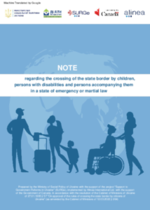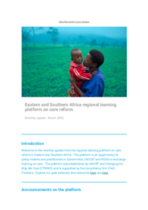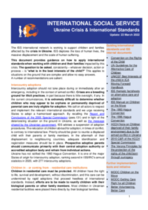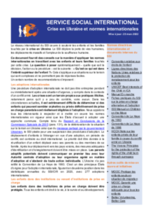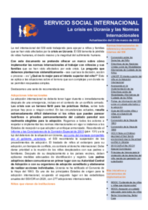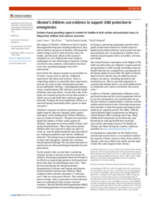A Longitudinal Investigation of Infants and Out-of-Home Care
This study offers a longitudinal examination of a population-based cohort of infants born in 2001 who entered care during the first year of life and who were followed through multiple care episodes until age 18. Findings suggest that using single, first episode data overstates the proportion of children who successfully reunify and understates the proportion of children who are adopted, return to care, or live with guardians.




